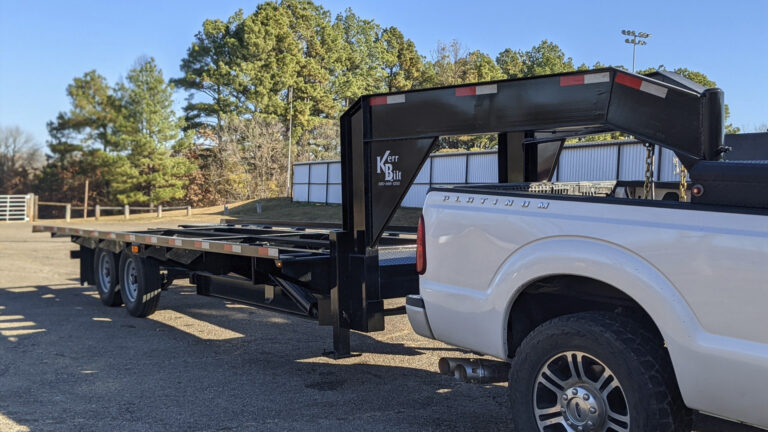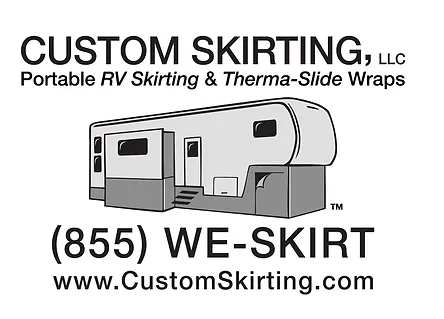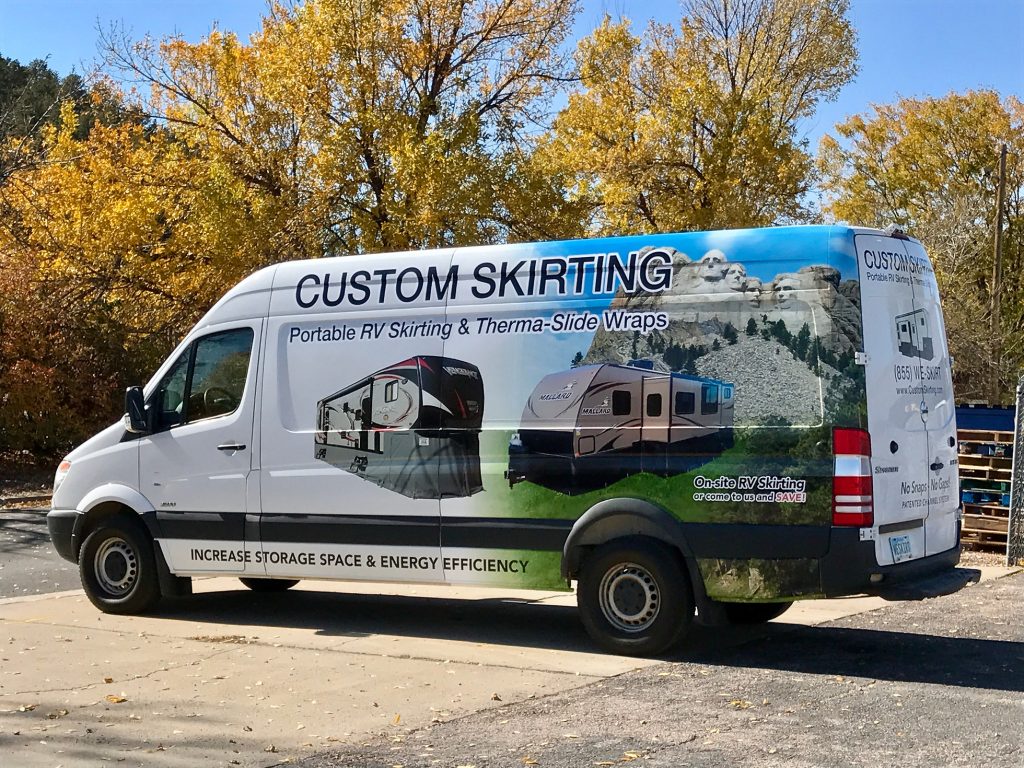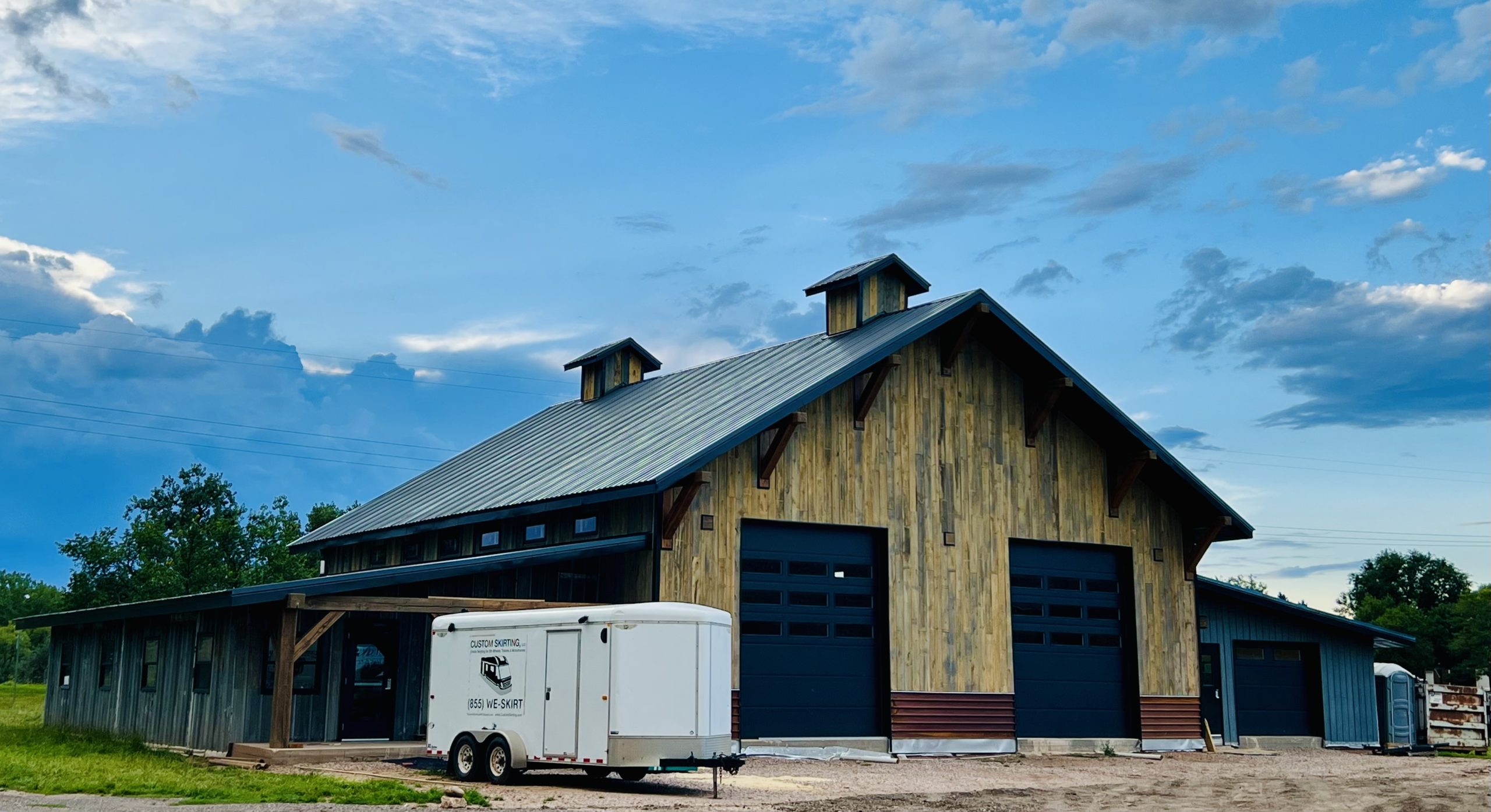Table of contents
When it comes to towing heavy loads, the right hitch can make all the difference in performance, safety, and convenience. Two of the most popular hitch types for towing large trailers are gooseneck and 5th wheel hitches. But which one is better suited to your needs? The debate of gooseneck vs 5th wheel boils down to specific use cases, trailer compatibility, and personal preferences. Whether you’re hauling livestock, heavy machinery, or an RV, understanding the key differences between these hitches is crucial.
In this guide, we’ll explore what is a gooseneck trailer and what is a 5th wheel trailer, dive into their respective advantages and disadvantages, and help you decide which setup is right for your towing needs.
Understanding Gooseneck Hitches
What is a Gooseneck Hitch?
A gooseneck hitch is a type of trailer hitch designed for heavy-duty towing. It features a ball hitch mounted in the truck bed, allowing the trailer tongue to drop over and secure to the ball. This design distributes weight efficiently over the truck’s rear axle and provides excellent maneuverability, especially in tight spaces.
Gooseneck hitches are commonly used with flatbed, livestock, and horse trailers. Their compact and simple design makes them a favorite in agricultural and industrial settings, but they’re also gaining popularity among recreational users who prioritize high towing capacity.
Advantages of Gooseneck Hitches
- Higher Towing Capacity:
Gooseneck hitches can handle loads of up to 35,400 lbs, making them ideal for commercial applications and extremely heavy trailers. - Compact Design:
The hitch ball’s low profile allows for easier installation and removal, leaving the truck bed mostly unobstructed when not in use. - Tight Turning Radius:
The hitch placement provides better maneuverability, making it easier to navigate sharp turns with large trailers. - Durability:
Gooseneck hitches are built for rugged environments, with designs that can withstand heavy use.
Disadvantages of Gooseneck Hitches
- Noisier Operation:
The ball-and-socket connection can result in more movement and noise, which might be less comfortable for recreational users. - Less Stability for Tall Trailers:
Gooseneck hitches may struggle with stability when towing tall trailers, which can sway more compared to those towed with 5th wheel hitches. - Limited RV Compatibility:
While adapters exist, gooseneck hitches are not the standard choice for RVs due to potential stress on the trailer’s frame.
Understanding 5th Wheel Hitches
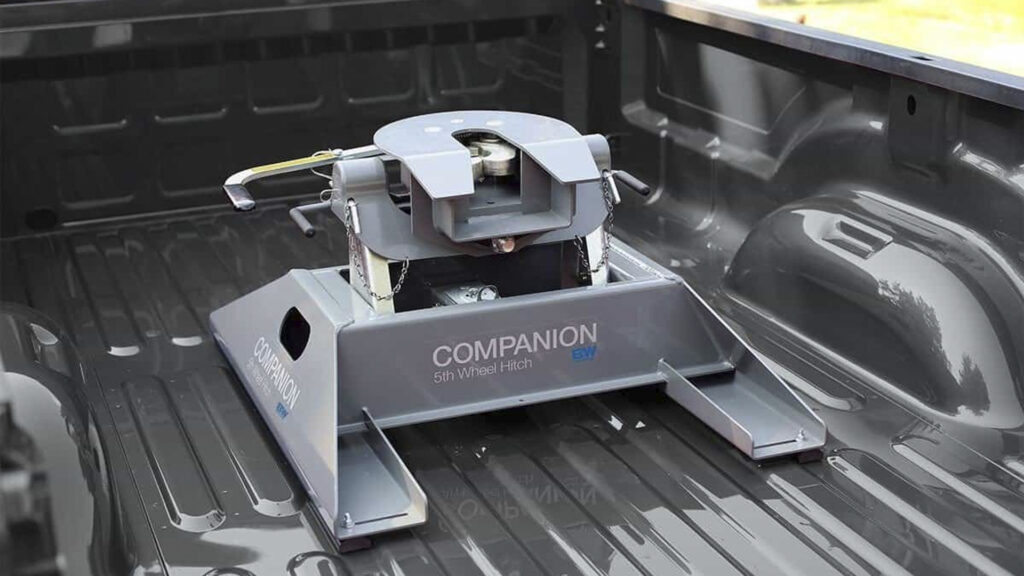
What is a 5th Wheel Hitch?
A 5th wheel hitch uses a plate with jaws to secure the trailer’s kingpin, creating a stable and secure connection. This design mimics the hitches used by semi-trucks, providing a smoother towing experience.
5th wheel hitches are commonly associated with RVs and large camper trailers, making them a top choice for recreational users who prioritize comfort and stability.
Advantages of 5th Wheel Hitches
- Smoother Operation:
The hitch design minimizes noise and movement, creating a quieter, more comfortable towing experience. - Better Stability for Tall Trailers:
The connection point provides greater control and stability, especially for tall and heavy trailers like RVs. - Sliding Mounts for Short-Bed Trucks:
Many 5th wheel hitches offer sliding mounts, allowing short-bed trucks to tow large trailers without risking contact during tight turns. - Widely Compatible with RVs:
5th wheel hitches are the industry standard for RVs, ensuring compatibility and ease of use.
Disadvantages of 5th Wheel Hitches
- Lower Towing Capacity:
Compared to gooseneck hitches, 5th wheel hitches typically have a maximum capacity of 27,000 lbs, limiting their use for extremely heavy loads. - Space-Consuming:
The hitch system takes up a significant portion of the truck bed, reducing its utility when not towing. - Complex Installation:
Installing a 5th wheel hitch is more involved and often requires permanent mounting in the truck bed.
Comparing Gooseneck and 5th Wheel Hitches
Towing Capacity and Performance
When comparing gooseneck vs 5th wheel towing capacities, gooseneck hitches win with their ability to tow up to 35,400 lbs. However, for recreational towing, such as RVs, the stability and comfort offered by 5th wheel hitches make them a superior choice.
Installation and Truck Bed Impact
Gooseneck hitches are simpler to install and less invasive, leaving most of the truck bed usable when not towing. In contrast, 5th wheel hitches require more space and a more permanent installation, which can limit versatility.
Cost Comparison
Gooseneck hitches are generally more affordable than 5th wheel hitches, both in terms of initial purchase and installation. However, 5th wheel hitches often justify their higher cost with improved comfort and stability for RV towing.
Trailer Compatibility
- What is a gooseneck trailer?
These trailers include livestock, horse, and flatbed trailers, which benefit from the higher towing capacity and tight turning radius of gooseneck hitches. - What is a 5th wheel trailer?
These trailers are primarily RVs and large campers, which are better suited for the smoother operation and stability of 5th wheel hitches.
Choosing Between Gooseneck and 5th Wheel Hitches
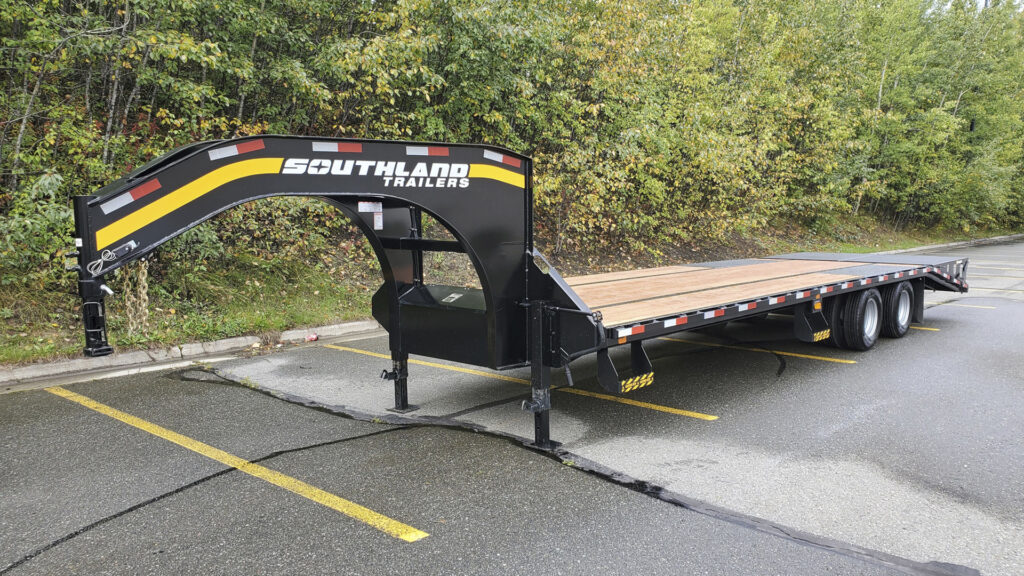
The choice between gooseneck vs 5th wheel hitches ultimately depends on your specific towing needs. Consider the following factors:
- Primary Use:
If you’re hauling livestock or industrial equipment, a gooseneck hitch is the better choice. For RVs, a 5th wheel hitch is ideal. - Trailer Weight:
For extremely heavy loads, a gooseneck hitch offers superior capacity. - Towing Frequency:
Frequent recreational towers may prefer the comfort of a 5th wheel hitch. - Truck Bed Space:
If maximizing truck bed space is a priority, a gooseneck hitch is less invasive. - Budget:
Gooseneck hitches are typically more cost-effective, while 5th wheel hitches may require a higher upfront investment.
Conversion Options
If you’re torn between the two, there are adapters and kits available for converting one hitch type to another:
- 5th Wheel to Gooseneck Adapters:
These allow a 5th wheel trailer to be towed with a gooseneck hitch but may introduce additional stress on the trailer’s frame. - Gooseneck to 5th Wheel Adapters:
These enable a gooseneck trailer to be towed with a 5th wheel hitch, offering more stability for certain applications.
While conversion options provide flexibility, dedicated setups are usually better for long-term towing.
Choosing between gooseneck vs 5th wheel hitches is a decision that hinges on your towing needs, budget, and preferences. For agricultural or commercial towing, gooseneck hitches are the top choice. On the other hand, if you’re towing an RV or camper, the comfort and stability of a 5th wheel hitch make it the better option.
Understanding what is a gooseneck trailer and what is a 5th wheel trailer is essential to making the right choice. By evaluating your specific requirements, you can ensure a safe, efficient, and enjoyable towing experience.
Ready to Hit the Road with Your Fifth Wheel or Gooseneck RV?
Now that you’ve explored the differences between gooseneck vs 5th wheel hitches, it’s time to start planning your next adventure. Whether you’re towing an RV for family vacations or long-term travels, South Dakota is the perfect destination to test out your setup.
Stay at Black Hawk Creek RV Park & Cabins, located near iconic attractions like Mount Rushmore, the Badlands, and Rapid City. Our year-round park is equipped to accommodate both fifth wheels and gooseneck RVs, offering spacious sites, modern amenities, and the ideal base camp for your South Dakota exploration.
Book your stay today and make Black Hawk Creek your gateway to adventure!



